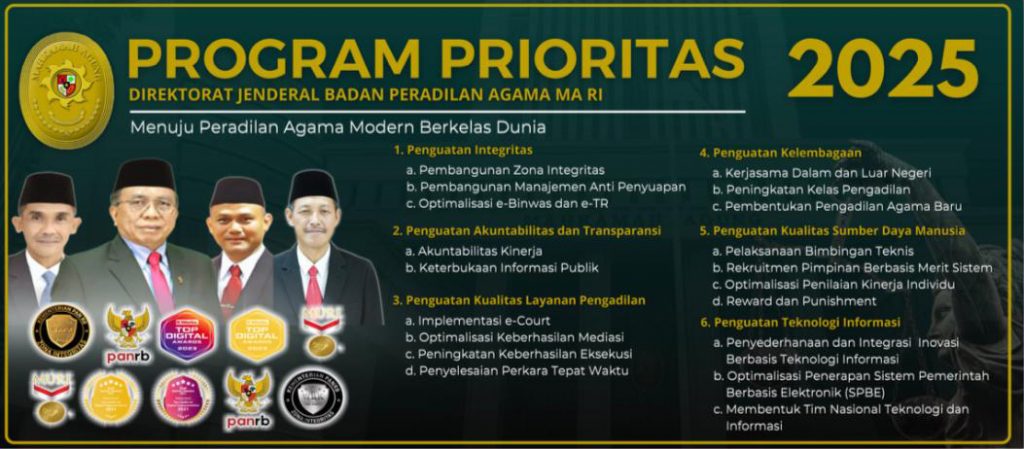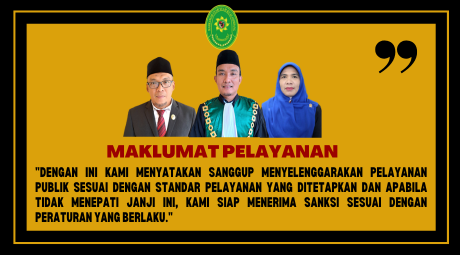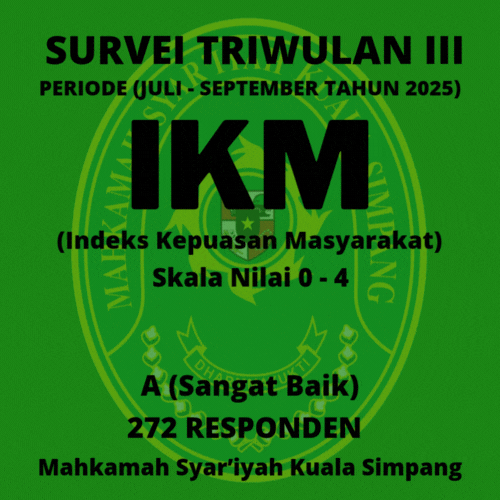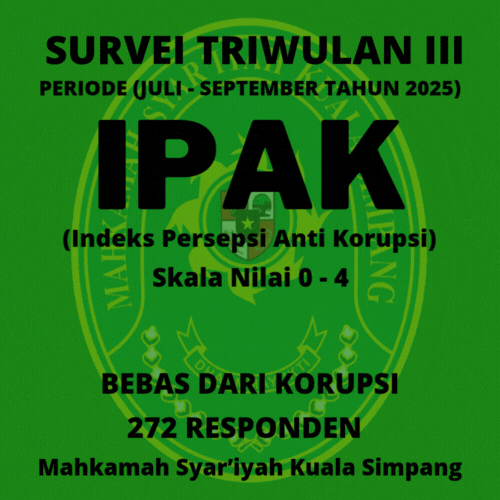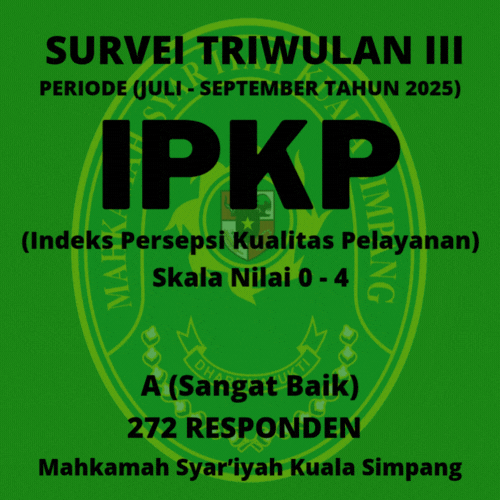‘Urf Concept in Compilation of Islamic Law Study of Joint Property


Oleh : Ahlul Badri, S.H.
Ulama and experts in Islamic law that was involved at the formulation of KHI highly considered sharia values in digging to the problem in Indonesian Muslims. This could be seen in the local custom factors (‘urf) as the basis in the establishment of law in the KHI bill. One of the parts in the Compilation of Islamic Law that contains the local custom factor (‘urf) is the joint property. Joint property is not clearly governed, neither explicitly nor implicitly, in the Quran and Hadith as there is not a single Ayah or Hadith that mentions about it. As if the matter of joint property is vacuum is Islamic law.[1] Contrary to that, in Indonesians everyday life, the tradition regarding joint property has long been held by the people as a living law. This problem was then becoming the concern in formulising KHI.
According to M. Yahya Harahap, Islamic law point of view towards the matter of joint property is in accordance with what has been stated by Ismail Muhammad Shah, that the collective income of the husband and wife should have been included in rub’umu’amalah, even though it was not the case. However, consortium (syarikat or shirkah in Arabic) was discussed. Thus, the Indonesian Islamic law experts, in framing the Article 85-97 of Compilation of Islamic Law, agreed to adopt syarikat abdan[2] and ‘urf as the foundation to frame the principles of joint properties of husband and wife in the compilation.[3]
The usage of shirkah in the provisions of joint property has some pros and cons. It is because shirkah is talking about business context that is not necessarily relevant towards a concept of family without a business contract or agreement inside of it. This might be caused by, in general, the composers of fiqh books were Arabians that has no concept or tradition in seeking sustenance cooperatively between husband and wife. Each side were free to manage their own property without any intervention from their counterpart. Although there is no citing about the association of personal properties into the joint property in Islamic law, husbands and wives are needed to bear in mind to have mutual understanding in administering their personal wealth. So that it would not disrupt their relationship that could led to a divorce.[4] This became the basis of why then joint property was not regulated in the classical fiqh.
The Indonesian peoples, with their bilateral characteristics, acknowledge that women also have roles in sustaining the family. Whereas, in Al-Quran, Hadith and classical fiqh books, there are no mentioning towards joint property. Thus, in the study of KHI, the perspective of custom and localities needs to be addressed. The study principal is how the ins and outs of KHI composition and formulation towards ‘urf in Indonesia, which in manner of territory and tradition differs from the composers of the classical literatures that becomes the reference in forming KHI. In other words, juristically, KHI is the fiqh of Indonesia. However, is the framing and formulating processes truly bear the Indonesian-ness culturally and could it be freed from the culture of classical literatures of its references.
Establishment of joint property in Article 85-97 of KHI was formulated through íjtihad with approach methodology of ‘urf as the basis of the legal consideration. Utilisation of ‘urf is an endeavour to provide social benefit by compromising Islamic and customary law that exist in Indonesian society.
‘Urf as a method of ijtihad to provide legal certainty and principles on any sphere of life which has not regulated by two prime sources of Islamic law, has resolved the issue of property ownership within Indonesian society. The provision of joint property is a realm that has not been touched by classical books of Islamic law, therefore ijtihad is a way to rectify such need in particular Indonesian society..
The approach of ‘urf in the formulation of joint property provisions is not contradicting the sharia. Hence, the the formulation of ‘urf in the provisions of joint property in KHI is acceptable as legal formation.
[1] Ibrahim Hosen, “Berbagai Pandangan Terhadap Kompilasi Hukum Islam”, dalam Asas-Asas Hukum Perkawinan dalam Kompilasi Hukum Islam (Jakarta: Yayasan al-Hikmah, 1994), p. 140.
[2] Syarikat abdan; two or more persons associating in effort of doing something that the result (earnings) is shared corresponded to their agreements.
[3] M. Yahya Harahap, SH., Kedudukan, Kewenangan dan Acara Peradilan Agama, (Jakarta: Sinar Grafika, 2007), p. 297.
[4] Abdul Manan, Aneka Masalah Hukum Perdata Islam di Indonesia, (Jakarta: Kencana Prenada Media Group, 2006), pp. 111-112.


